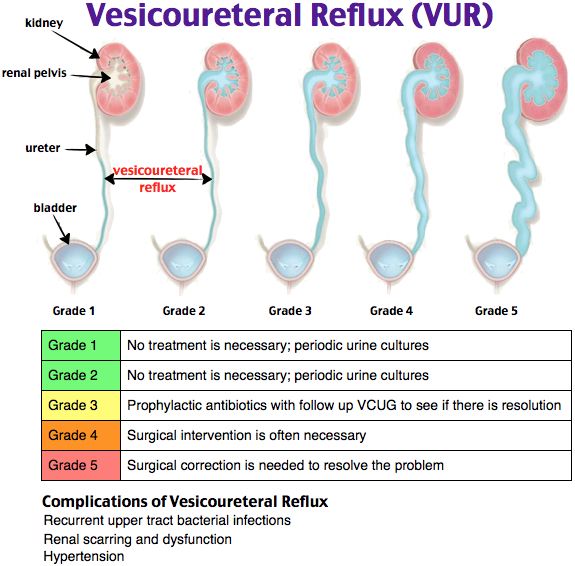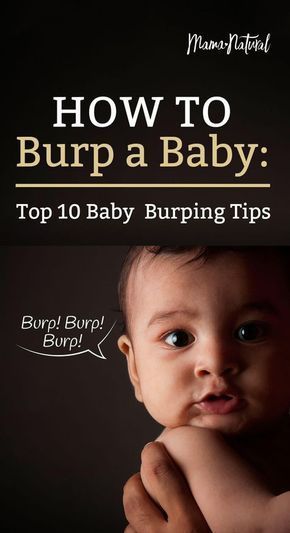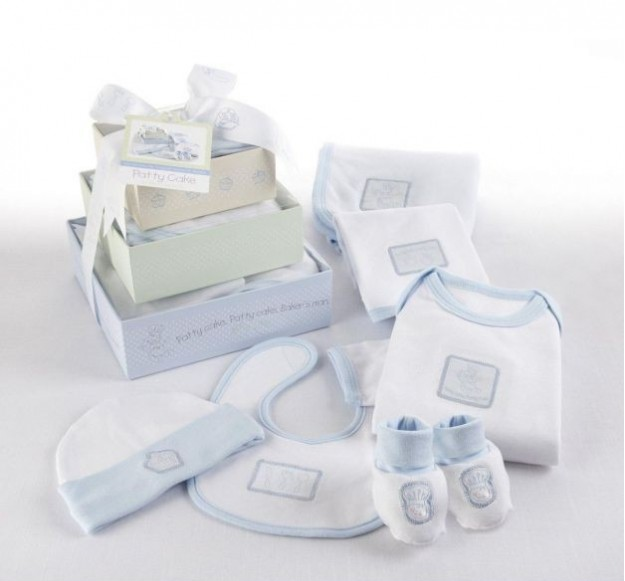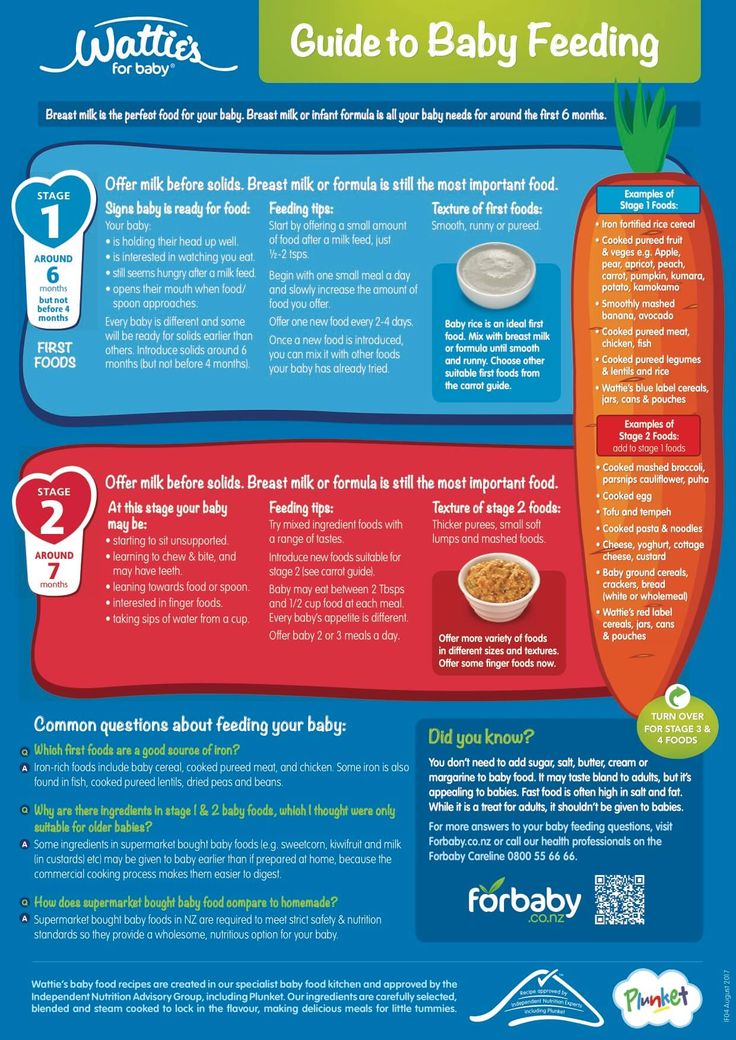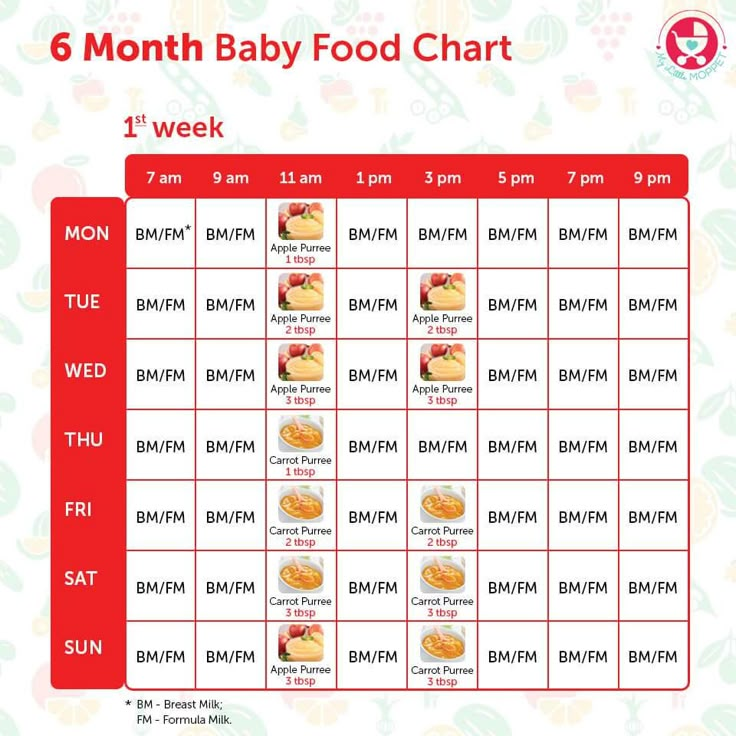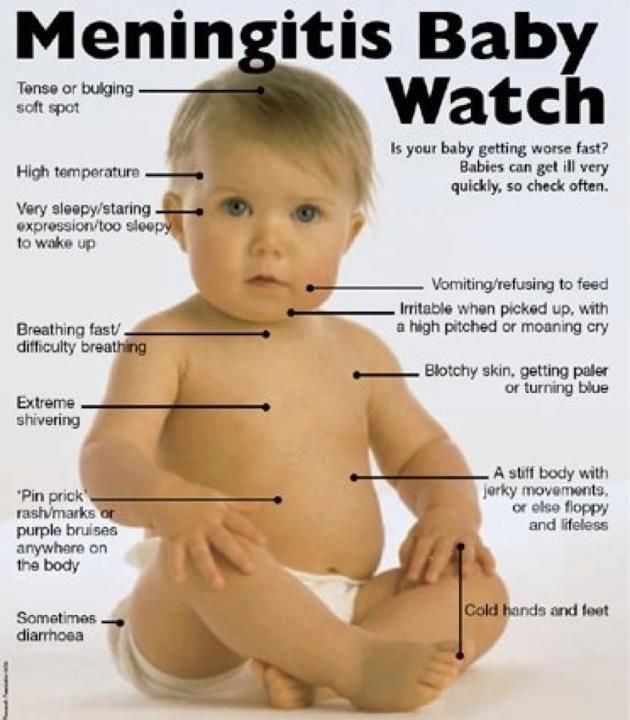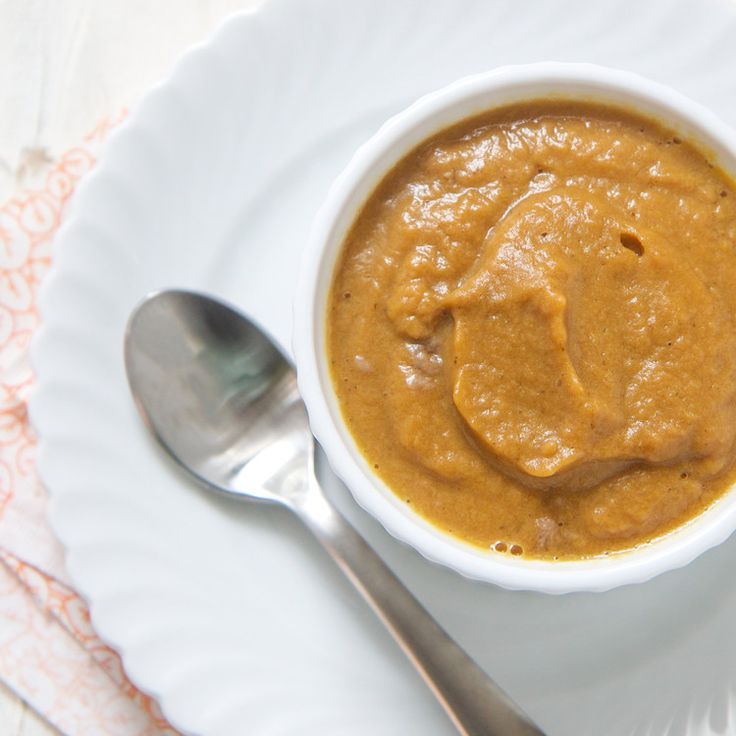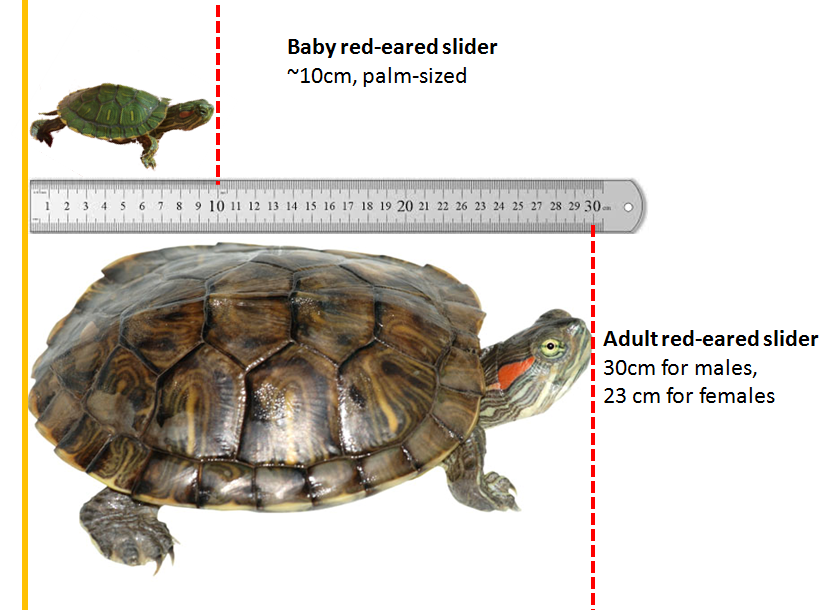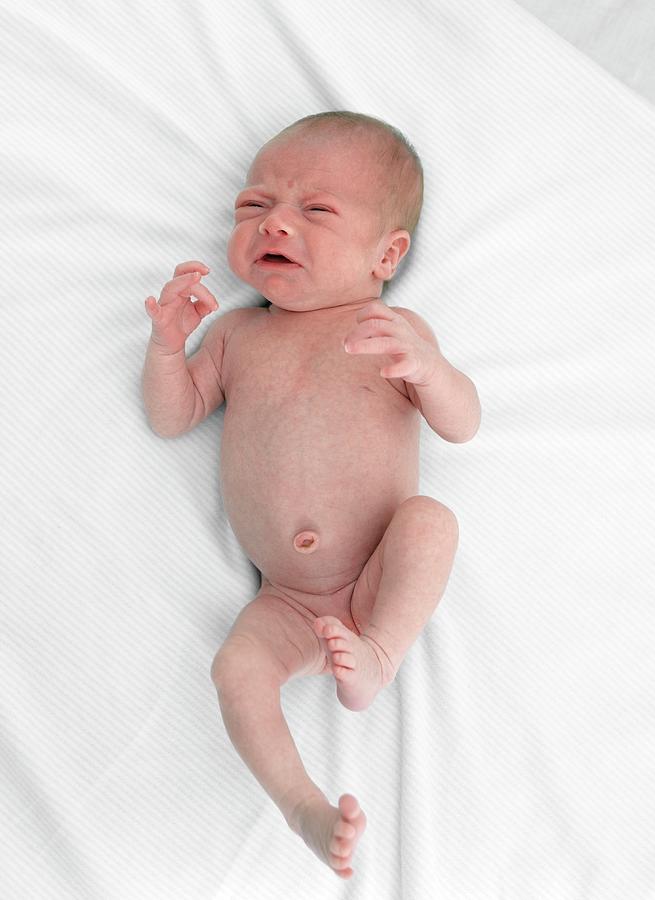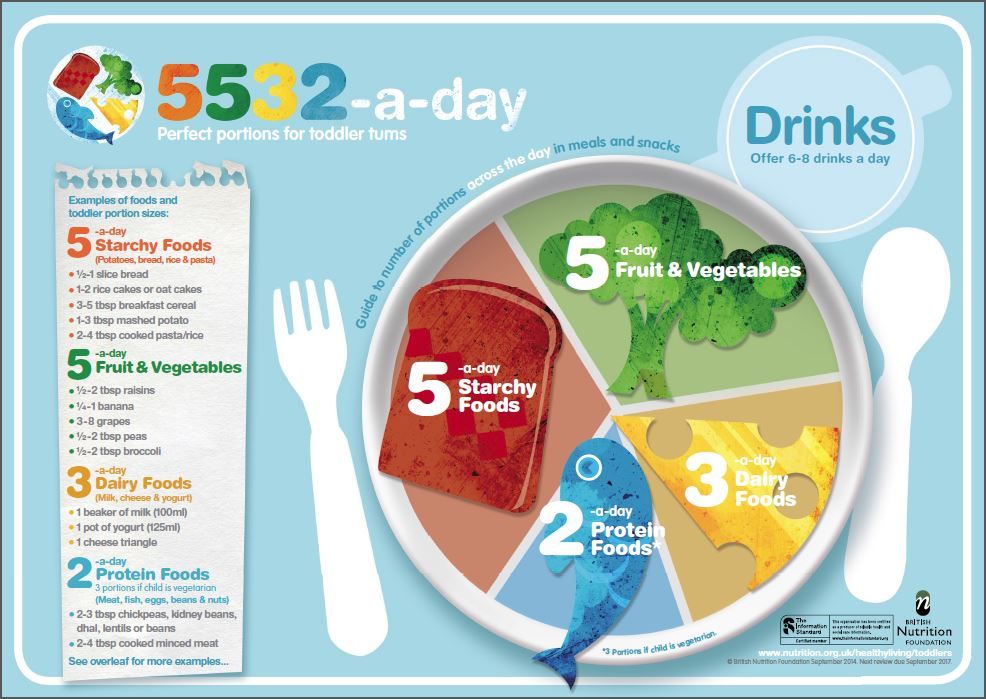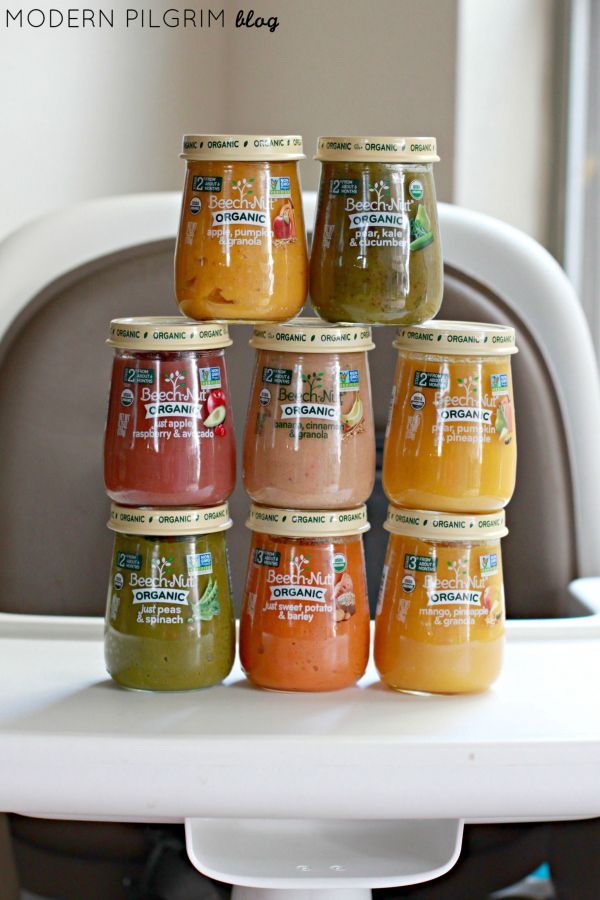Reflux baby constantly feeding
Infant Reflux
08/03/2012
Pediatric Blogs
This post was inspired by a friend who is having a tough time with a fussy newborn, but dedicated to all the parents out there who have ever cared for a baby with reflux, my husband included.
Reflux, colic, gas, milk intolerance, or general demeanor...there are many reasons for an overly fussy baby. Many babies who cry excessively swallow lots of air and always appear to have belly pain or gas, so figuring out the reason for a baby's fussiness can be challenging. I will focus on infant gastro-esophageal reflux in this post, though many of these suggestions can help a baby with colic. Some babies with reflux are not fussy at all (they just make huge messes with spit-up), while others can have discomfort, poor weight gain and feeding problems. The symptoms of reflux are caused by milk that makes its way back up through a weak muscle at the top of the stomach, into the esophagus, and to the back of the throat or mouth. Infants do not all have the same symptoms, but can have spitting up, frequent hiccups, swallowing or grunting, arching of the back or neck, coughing, wheezing, difficulty feeding or excessive crying. Most infants with reflux act like they are always hungry, this is because they cry and root as a reaction to discomfort - often 1-2 hours after a previous feeding. If your child has been diagnosed with reflux or exhibits these behaviors, there are many techniques you can use to decrease symptoms.
1) Feed sitting upright - with bottle feeding, this is easy; but with breastfeeding you will have to find the most comfortable position for both you and your baby.
2) Burp frequently - with bottle feeding, this means every 1/2-1 oz; with breastfeeding it is still best to burp in between breasts or after 10-15 minutes.
3) If you are bottle feeding, find the right nipple and bottle. Babies who drink too quickly or swallow too much air spit up more. There are many choices and you may have to try several, but I say go with the one that works best for you and your baby.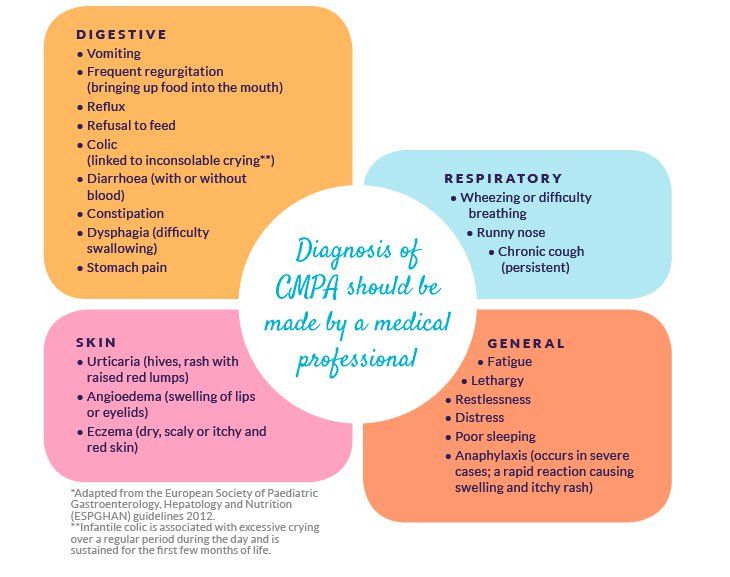
4) Feed small amounts, frequently. For small infants, this means 1-2 oz every 1-2 hours; bigger infants need 2-4 oz every 2-3 hours and increase gradually. Do not over-feed your baby, this will lead to more discomfort!
5) Keep your baby sitting upright 20-30 minutes after each feed. Easy to say, not so easy to do (especially in the middle of the night or when you are chasing around another child). You do not have to hold your baby, you can use any contraption that works for you - bouncy/vibrator seat, upright swing, head elevating positioner, wedge with a sling, baby carrier/sling, just to name a few.
6) Position your baby to sleep elevated (30-45 degrees). The easiest way to do this is to put a couple of books under the legs at the head of the crib or bassinet. If you are using a co-sleeper or pack and play, a couple of rolled up towels or receiving blankets under the thin mattress works well. They also make special foam wedges for this purpose.
7) Do not lie your baby down flat on their back, especially after feeding.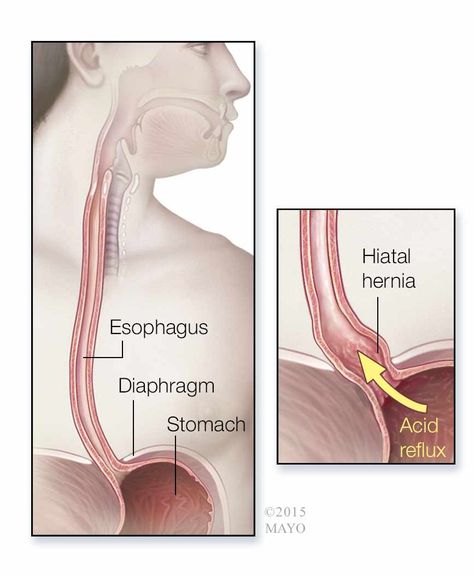 If possible, try to change your baby's diaper prior to feeding.
If possible, try to change your baby's diaper prior to feeding.
After utilizing these techniques, your baby may still spit-up. If they are happy and gaining weight, your next step is to stockpile burp cloths, bibs, and wet wipes. If your baby has extreme fussiness, coughing, wheezing, difficulty feeding or poor weight gain, you need to take them to the pediatrician. They may recommend an elimination diet (for breastfeeding mothers), a formula switch, or medication for your infant. This can be a very stressful time as a parent, so keep in mind that whatever is causing fussiness in your baby will pass with time.
Heather Joyce, MD
Originally Posted on Pediatricians for Parents
Reflux - La Leche League International
A baby spitting up occasionally is usually looked at as “something babies do.” According to the late Dr. Gregory White, husband of the late LLL Founder, Mary White, “In a healthy baby, spitting up is a laundry problem, not a medical problem.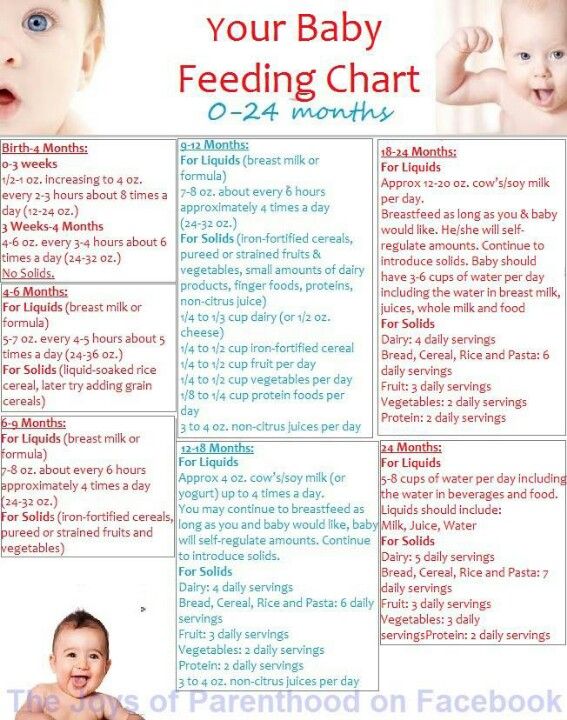 ”
”
A baby may spit up for lots of reasons:
- Baby is not be able to swallow quickly enough when milk ejects forcefully during a feeding, resulting in swallowing excess air.
- Mother has an oversupply of milk that can result in baby taking too much too fast for the stomach to handle. Either can result in additional air swallowed with the large volumes of milk. Read our post on oversupply.
- Less common reasons are:
- Immature muscle control
- Allergy to foods and/or dietary supplements mother may consume
- Disease
If the spitting up is frequent and obviously uncomfortable for baby, it may be that your baby is experiencing gastroesophogeal reflux disease, or GERD.
- GERD occurs when the band of voluntary muscle fibers within the esophagus where it enters the stomach fails to keep the stomach contents in the stomach.
- Milk or food, along with acid from the stomach, backs up into the lower esophagus and irritates the tissues there.

- Adults recognize this feeling as heartburn. Read our post on GERD.
If your baby is overall a pleasant and healthy baby with good output and normal growth patterns, be assured that he will likely outgrow this stage by 6-12 months. In the meantime, here are some general tips to keeping spit up episodes to a minimum:
- Use positions for feeding that keep baby’s head higher than her tummy, such as a laid-back position or having baby diagonally across your chest in a cradle hold. Avoid positions that have baby bending at the waist, putting more pressure on her tummy. See Positioning.
- Keep baby upright for 15-20 minutes or so after feedings to allow for digestion to begin. This is a nice time to just lean back with baby on your chest to soothe, talk, sing, or hum to him or to just snuggle.
- Burp gently between sides and at the end of the feeding.
- Try shorter, frequent feedings, if baby is agreeable, to reduce the load in her tummy.
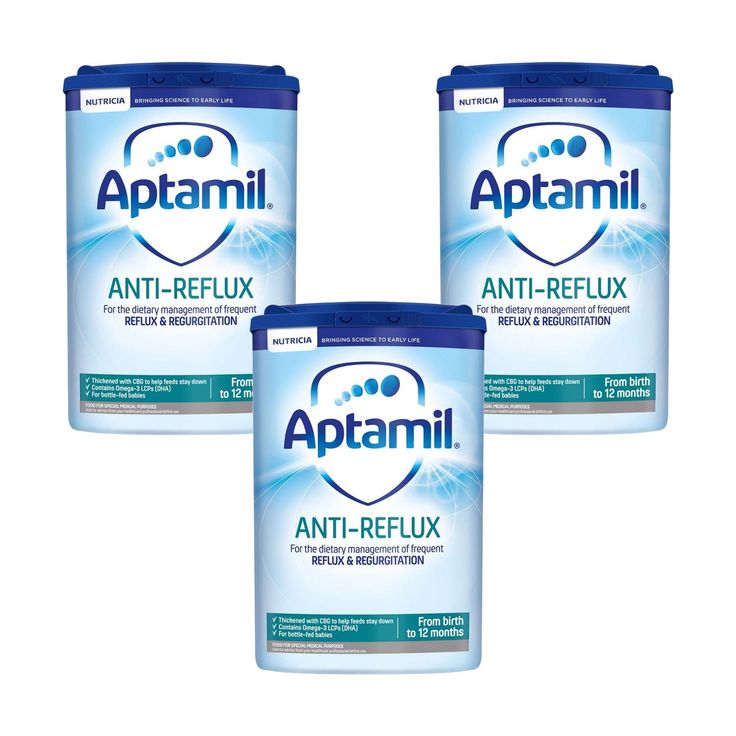
- Try nursing at one breast only each feeding to avoid two strong milk ejections and, therefore, reducing overfeeding and excess swallowing of air.
Occasionally, some older babies will start to spit up when they hadn’t typically been spitting up. If your baby doesn’t seem ill, other reasons might include:
- Something new to his diet – solids, adding or changing vitamins for you or baby, medications for either of you.
- Growth spurt – when babies start feeding more frequently with a growth spurt, they can be bringing in larger volumes of milk and/or more air.
- Teething – the discomfort of the gums may cause baby to be less efficient with her sucking and take in more air. Teething can also result in increased saliva production and swallowing, adding to the volume of fluid and air in her tummy. See Teething.
Infant Reflux: Symptoms and Treatment
Search Support IconSearch Keywords
Home ›› What is Reflux in Infants?
Home ›› What is reflux in babies?
↑ Top
Signs and what to do
Post-feed regurgitation is a common occurrence in the first few months of life.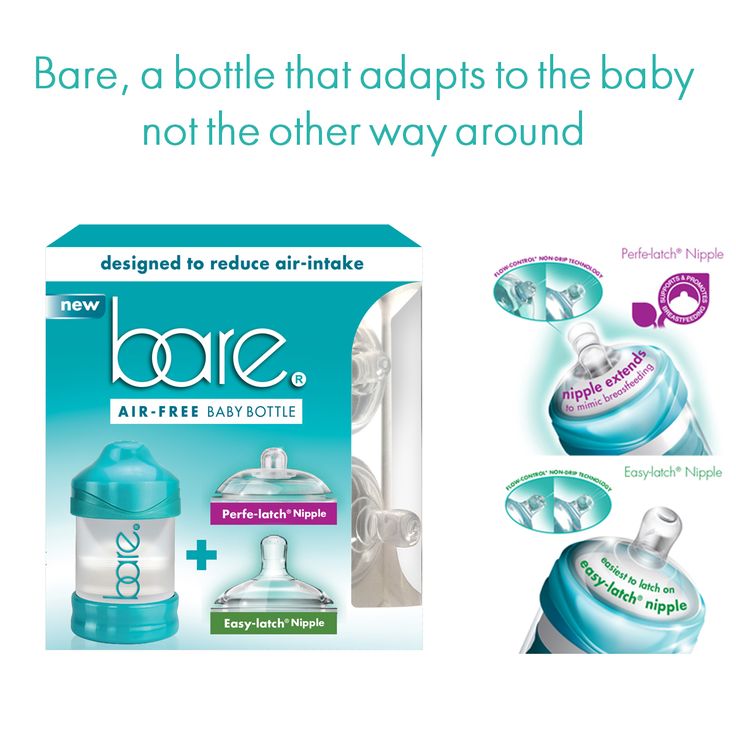 This is usually harmless and completely normal, but parents should read about gastroesophageal reflux (GER) and laryngopharyngeal reflux (LPR) in infants and how long it lasts to give them peace of mind.
This is usually harmless and completely normal, but parents should read about gastroesophageal reflux (GER) and laryngopharyngeal reflux (LPR) in infants and how long it lasts to give them peace of mind.
We look at signs of reflux in babies, symptoms of different types of reflux, and how to help a child with signs of reflux. If you require further information, always contact your healthcare provider.
What is reflux in babies?
So we know reflux is common, but what causes reflux in babies? Because young children have not yet fully developed the lower esophageal sphincter (LES), that is, the muscle at the bottom of the esophagus that opens and closes to let food into the stomach and keep it there, food can easily pass back up the esophagus.
Acid reflux, also known as gastroesophageal reflux (GER), is a normal reflux that occurs in babies. This type of reflux is considered normal and occurs in 40-65% of babies.
How do I know if my child has acid (gastroesophageal) reflux?
If a baby is spitting up milk after a feed, it is most likely acid reflux.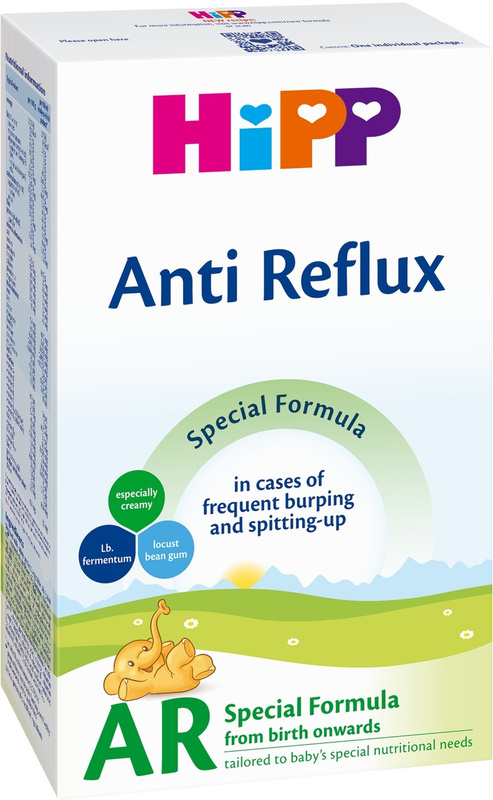 As babies get older, GER usually goes away on its own without any intervention. If a baby has complications beyond just spitting up a small amount of milk (such as feeding difficulties and discomfort), they may have gastroesophageal reflux disease (GERD).
As babies get older, GER usually goes away on its own without any intervention. If a baby has complications beyond just spitting up a small amount of milk (such as feeding difficulties and discomfort), they may have gastroesophageal reflux disease (GERD).
Symptoms of GERD include:
- baby arching during or after feeding;
- crying more than three hours a day for no apparent reason;
- cough;
- gag reflex or difficulty swallowing;
- irritability, restlessness after eating;
- eating little or not eating;
- poor weight gain or loss;
- difficult breathing;
- severe or frequent vomiting.
GERD usually occurs when LES muscles are not toned in time, causing stomach contents to back up into the esophagus.
How do I know if my child has Laryngopharyngeal Reflux?
Another type of reflux, laryngopharyngeal reflux (LPR), also called silent reflux, is when the contents of the baby's stomach leak back into the larynx, the back of the nasopharynx. This type of reflux does not always cause external symptoms, which is why it is called "silent". Babies can have GERD and silent reflux at the same time, but their symptoms are somewhat different.
This type of reflux does not always cause external symptoms, which is why it is called "silent". Babies can have GERD and silent reflux at the same time, but their symptoms are somewhat different.
The following are some of the symptoms of laryngopharyngeal reflux:
- breathing problems;
- gag reflex;
- chronic cough;
- swallowing problems;
- hoarseness;
- regurgitation;
- poor weight gain or weight loss.
We have looked at the signs of reflux in infants, now we will move on to the treatment and duration of silent reflux in children, as well as the treatment of GERD.
How to deal with laryngopharyngeal reflux in babies while breastfeeding?
Breastfeeding mothers may need to review their diet if their babies show signs of reflux. The American Academy of Pediatrics (AAP) recommends breastfeeding mothers cut eggs and milk from their diet for two to four weeks to see if their baby's reflux symptoms improve or disappear. It may be worth eliminating acidic foods from your diet.
It may be worth eliminating acidic foods from your diet.
In most cases, GER and laryngopharyngeal reflux go away on their own. Typically, children outgrow reflux in the first year of life. If a child has persistent symptoms of laryngopharyngeal reflux, parents should consult a doctor. If your baby has severe vomiting, blood in the stool, or any of the symptoms of GERD listed above, parents should contact their pediatrician as soon as possible.
How can I help my child with reflux or GERD?
Reflux symptoms in babies usually go away on their own, but the following tips can help relieve symptoms:
- Thicken food with rice or a special milk thickener.
- Hold the bottle at an angle that fills the nipple completely with milk to reduce the amount of air your baby swallows. This can help prevent colic, gas, and reflux.
- Try the AirFree anti-colic bottle, designed to reduce air swallowing during feeding.
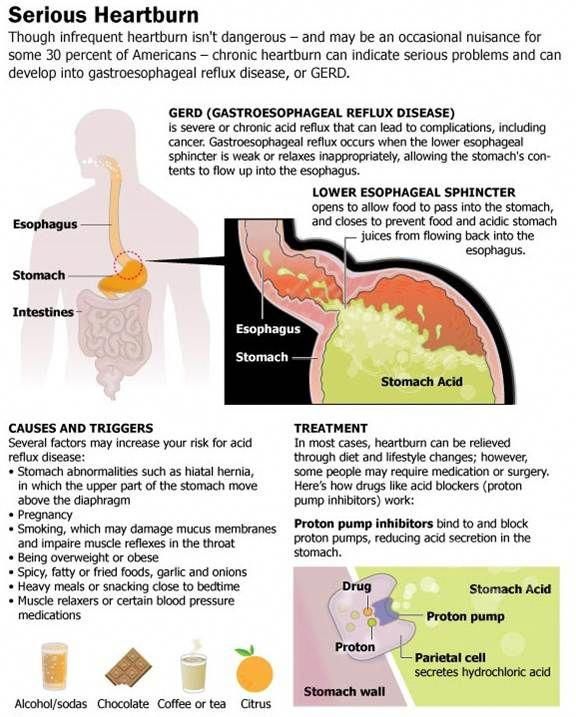
4. Let the baby burp during and after feeding. If the baby is bottle fed, parents can let him burp after every 30-60 ml. If the mother is breastfeeding, she may let the baby burp when changing breasts.
5. Hold baby upright after feeding. As a rule, in order for the milk to remain in the stomach, after feeding the baby, it is necessary to hold it in an upright position for 10-15 minutes. But, if the child has reflux, parents should keep him upright a little longer.
These tips may help relieve symptoms, but they do not replace a doctor's advice.
Parents should not change their infant formula formula without first talking to their healthcare provider.
Don't panic! Reflux is very common in babies during the first three months of life, and most babies outgrow it without any consequences. Although GERD is a slightly more serious condition, there are many treatments, ways to manage it, and help newborns. Feel free to contact your doctor with any questions or concerns you may have.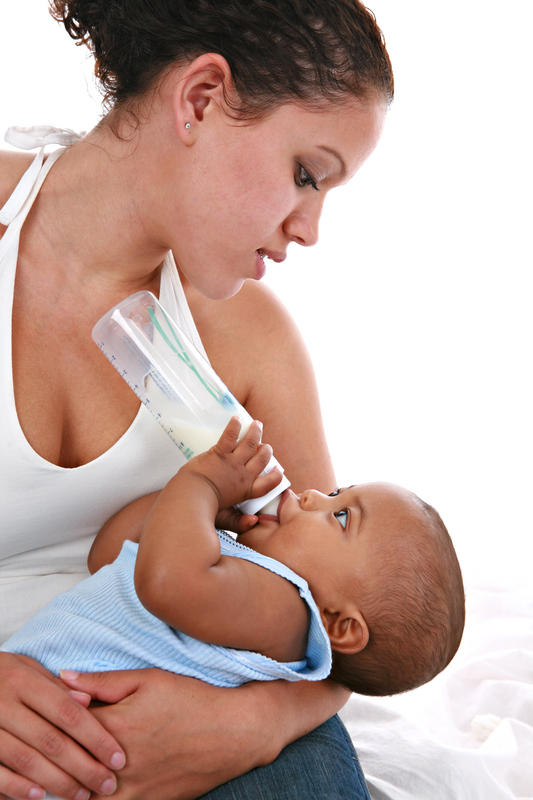
4 Seattle Children’s Hospital
5 The National Institute of Diabetes and Digestive and Kidney Diseases - Treatment for GER & GERD in Infants
Any links to third party websites that may be included on this site are provided solely as a convenience to you. Philips makes no warranties regarding any third party websites or the information they contain.
I understand
You are about to visit a Philips global content page
Continue
You are about to visit the Philips USA website.
I understand
Recommendations for regurgitation in infants - gastroesophageal reflux (GER)
08/26/2022 08/26/2022 health
Spitting up is called gastroesophageal reflux (GERD). It occurs when the contents of the baby's stomach enter the esophagus during or after eating. Reflux is typical for most babies: it appears at the 2nd week of life and reaches a peak by 4-5 months. Most often, babies who spit up are healthy, but even a single case can cause concern for parents. Fortunately, most children outgrow reflux by 12 to 18 months of age. This period can be stressful and requires patience.
Most often, babies who spit up are healthy, but even a single case can cause concern for parents. Fortunately, most children outgrow reflux by 12 to 18 months of age. This period can be stressful and requires patience.
Symptoms
Sometimes reflux can be accompanied by unpleasant symptoms and complications. This condition is called gastroesophageal reflux disease or GERD. Symptoms of GERD include:
- cough and wheezing
- gagging
- back arching
- poor weight gain
- restless behavior or refusal to feed
- sleep disorders
- wheezing
What causes reflux?
The diet of a newborn consists of liquid (breast milk, formula), and therefore the contents of the stomach can easily pass into the esophagus. Moreover, up to 6 months, the baby's esophagus has a short length, which contributes to easy regurgitation of liquid food. Also, regurgitation is due to the fact that infants do not have a strong enough lower esophageal sphincter (LES).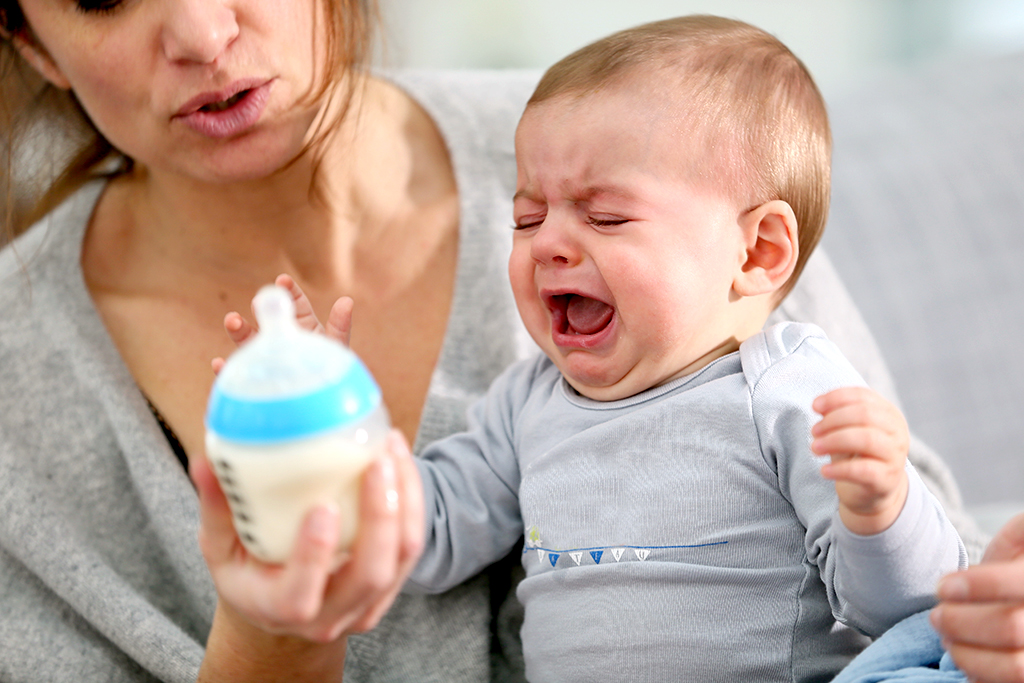 The LES is a ring of muscles that opens when food enters the stomach and then closes to prevent the contents from escaping back into the esophagus. But sometimes the esophageal sphincter can spontaneously open, which leads to the reflux of undigested food, that is, reflux.
The LES is a ring of muscles that opens when food enters the stomach and then closes to prevent the contents from escaping back into the esophagus. But sometimes the esophageal sphincter can spontaneously open, which leads to the reflux of undigested food, that is, reflux.
How can a child with reflux sleep safely?
There are many myths and misconceptions about sleep in GER. We suggest you use the American Academy of Pediatrics (AAP) guidelines:
- Sleep on your back . Such sleep reduces the risk of sudden infant death syndrome and is preferable until the child learns to roll over. Therefore, children with reflux should also sleep on their backs
- Sleep on a flat hard surface . The use of special pillows and reclining beds increases the risk of suffocation. Babies should sleep exclusively on a flat surface, while the crib should be free of soft bumpers, pillows, toys and other foreign objects
- Sleep without gadgets .
